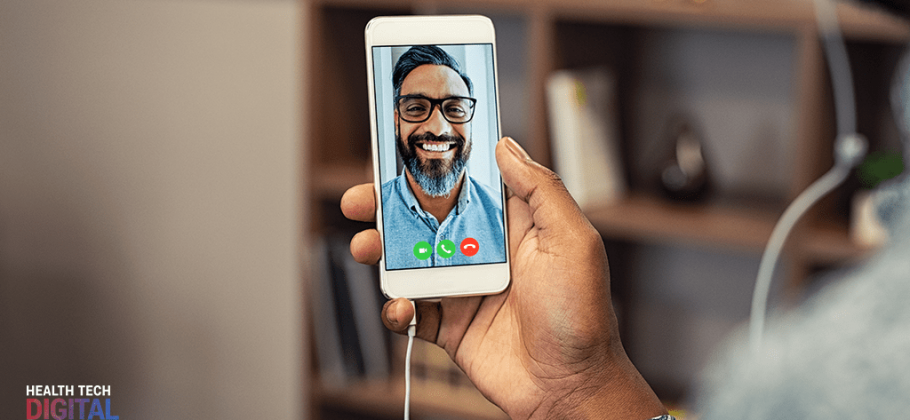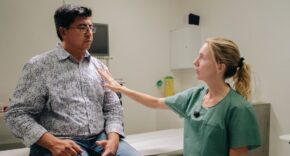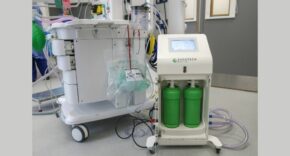As echoed in the 10-year plan, digital appointments with consultants could soon become the norm, but getting the terminology right is crucial to ensuring we are using the right tech for purpose, says Dan Worman CEO of Refero
It is estimated that thirty million hospital visits a year will be avoided by the use of tele-consultation calls.
When NHS England Medical Director Stephen Powis urged hospitals to use Skype video calls to treat patients, did he really mean Skype? The report released towards the end of last year by the Royal College of Physicians, backed by Powis, highlighted how improving the current outpatient appointments system could save the NHS millions.
RCP’s report said the time had come to overhaul the system by embracing innovation: making more use of remote monitoring and telephone and video consultations. I couldn’t agree more. But where Powis misses the mark here is referring to all video consultations as Skype. How many times have you asked someone to do the hoovering? When actually, you mean vacuuming. And what about asking to use a Biro when you meant a ballpoint pen?
We need to stop referring to a brand, when we mean a service, because what is more important is the capability. Stop saying Skype when you mean tele-consultation.
Skype, the telecommunications application software, was founded in 2003. It had gone on to become so prevalent in the consumer world that it was acquired by Microsoft eight years later. Today it is synonymous with video calling and video conferencing. When the NHS made the decision to purchase Skype, it was a huge stride forward in embracing technology to improve patient care.
When the NHSmail 2 Portal was introduced around three years ago, Skype for Business was added in a primitive form, mainly as an instant messaging tool. It was certainly progress, and although it is widely recognised, calling all of these types of solutions ‘Skype’ does not help to differentiate the more customised and better suited solutions for particular industry needs.
As is common with numerous tele-consultation software, you have to download multiple plug-ins before you can join meetings and you have to reboot your browser, often a number of times, before you can begin talking to anyone. With Refero, if you want to join a tele-consultation, the only thing you have to do is accept a request that the other person can access your camera and your microphone, and then you are in.
It is reflected in the new plan how digital solutions can, and will, improve NHS services, and it has been recognised that large proportions of patients do not need to visit a hospital to get the treatment they need. Refero integrates with a hospitals clinical systems. What that means is that if you have an outpatient appointment, that automatically gets booked into the EPR. There is no double-booking, or manual inputting of data, it all happens automatically. With Refero, each tele-consultation is a one-time event. A patient can talk to the right person at the right time, in the right place.
The NHS needs to be looking at digital solutions holistically, rather than as a point solution. If you decided to use Skype for patient consultations or for instant messaging, you are actually creating silos of technology. But if you were to take a holistic view, you would use a vendor that has an end-to-end solution.
Changing the language used in hospital wards and doctor’s surgeries is going to be a huge cultural shift. Our focus is to raise the awareness that there are other services out there that can do a far better job for the healthcare sector. So, start using the term tele-consultation, and consider that there is a world of choice out there that can do a better job for you, and your patients. The underpinning technology shouldn’t matter, it is the outcome that is important.












